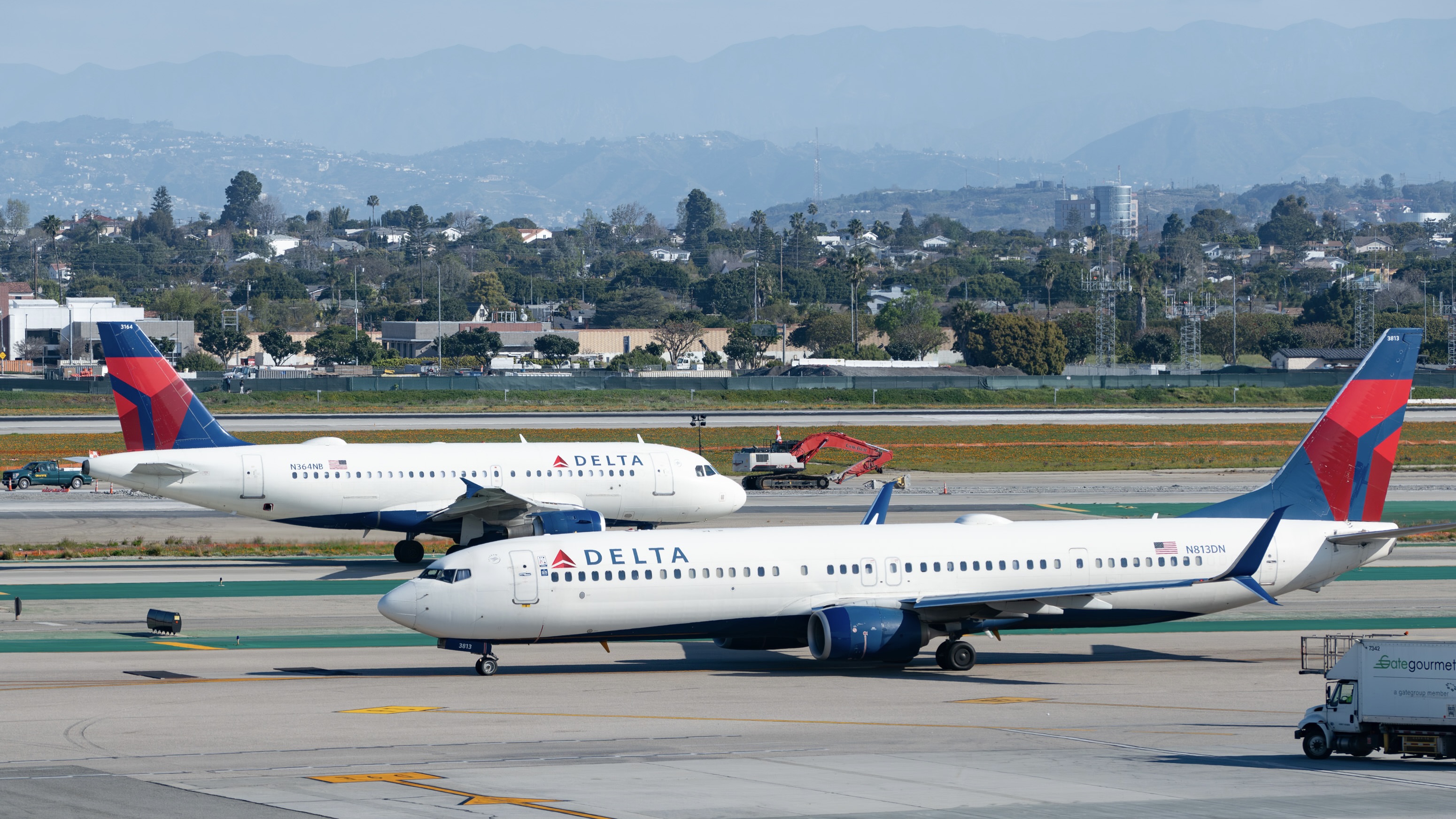
On the afternoon of April 1, 1994, Butthole Surfers vocalist Gibby Haynes was sitting in the smoking area of Exodus Recovery Center when he was joined by Nirvana's Kurt Cobain, a fellow resident, and Pat Smear, who was visiting his bandmate, having helped him check in 48 hours earlier. Earlier that day, Haynes had told Cobain about a friend who had 'escaped' from the Los Angeles rehab facility by jumping over the garden wall, when he could have simply walked out the front doors, and Haynes re-told the story for the benefit of the former Germs guitarist. An hour or two later, after Smear had gone home, Cobain told staff at Exodus that he was going outside to smoke, climbed over that same six-foot-high wall Haynes had joked about, took a taxi to Los Angeles International Airport, and purchased a $478 first class ticket for Delta Airlines flight 788 to Seattle on his credit card.
Just two days in to a scheduled 28-day stay in rehab to battle his heroin habit, Nirvana's frontman was going home.
As he boarded the flight, Cobain was surprised to see a familiar face in the seat next to his own, 2F. Duff McKagan was not a friend - in fact the last occasion on which the two Seattle musicians were in the same space was marred by threats of violence - but Guns N' Roses' bassist recalls that Cobain was happy to see him, if only, perhaps, because he knew that the McKagan, also in the depths of addiction, wouldn't be bombarding him with questions.
"We were both fucked up," the bassist recalled in 2010, in a column penned for the Seattle Weekly. "We talked, but not in-depth. I was in my hell, and he in his, and this we both seemed to understand."
"He goes, 'I just took off from Exodus'," McKagan said in an interview conducted for 2006 BBC documentary The Last 48 Hours Of Kurt Cobain. Asked if the two musicians talked about their respective addictions on the flight, McKagan replied, "No way!"
"Wasn't an addiction, on that plane ride," he added with a rueful laugh.
"When you're drinking on a plane you're not going to talk about addiction. The classic heroin junkie thing is that... two guys get together and cop some dope, and then they're strung out, and you talk about, Okay, we're gonna quit after this... that's the only time you really talk about it."
At baggage claim at Seattle–Tacoma International Airport in the early hours of April 2, the two musicians talked some more. "Lots of people stopped to gawk," McKagan recalled. "I was in a big rock band and he was in a big rock band."
"The thought crossed my mind to invite him over to my house then and there," McKagan wrote in 2010, noting that Cobain's new home in Seattle was "right down the street" from his own new home in the city. "I had a real sense that he was lonely and alone that night. I felt the same way."
"I lost my train of thought for a minute, and Kurt said good-bye and left to his waiting town car... I received a call from my manager two days later that Kurt had died."
In his column for the newspaper, titled All Apologies, McKagan admitted that reading a Rolling Stone tribute magazine published some months later, filled him with a "profound sadness" that he hadn't felt at the time.
"I suppose I was numb to this sort of thing at this point in my life," he wrote. "I had lost two of my best friends to drug overdoses. People in my own band had overdosed multiple times. My life and addiction were spinning out of control... It is possible that I was incapable of feeling sadness, incapable of picking up the phone and calling Krist [Novoselic] or Dave [Grohl]. In truth, I had such low self-esteem at that point, that I am sure I felt my call would have no impact on these fine men."
"Maybe I am only trying just now to come to grips and exorcise some of my own hidden monsters."
Watch the 2006 BBC documentary The Last 48 Hours Of Kurt Cobain below.







